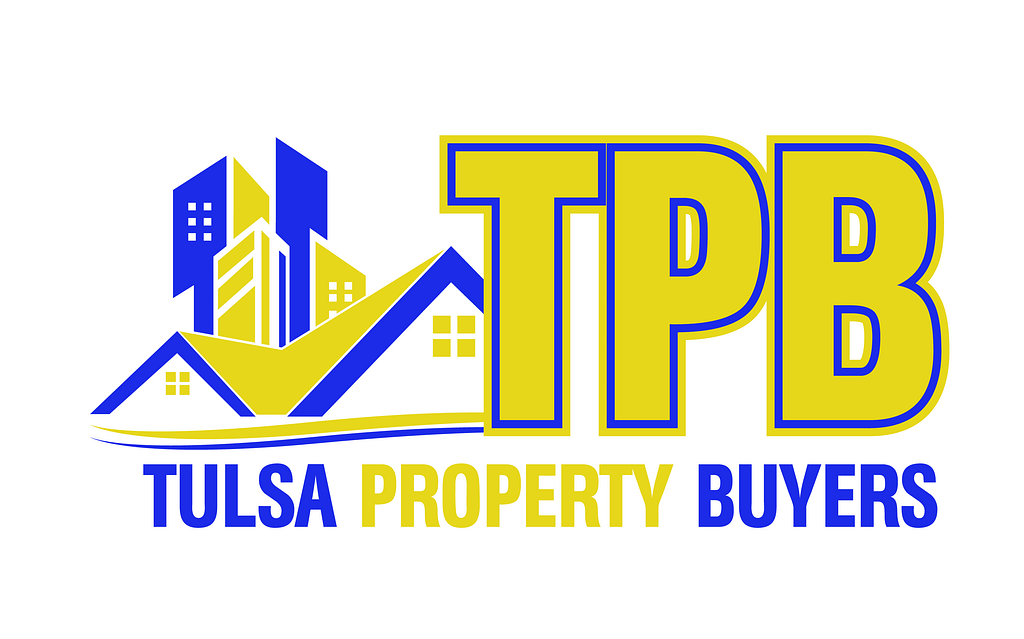Setting the right price for your home is one of the most critical factors in ensuring a successful sale. If you price it too high, you might scare off potential buyers; if it is too low, you could miss out on your home’s total value. Striking the perfect balance is key to attracting buyers while maximizing your return. Here’s a friendly guide to help you price your home right and avoid leaving money on the table.
Understand the Market
Before you set a price, it’s essential to get a clear picture of the current real estate market:
- Research Comparable Sales: Look at recently sold homes in your area that are similar in size, condition, and features. These comparable sales, or “comps,” provide a baseline for buyers’ willingness to pay.
- Monitor Market Trends: Pay attention to broader market trends. Are home prices in your area rising or falling? Understanding these trends will help you position your home competitively.

Get a Professional Appraisal
A professional appraisal can provide a more accurate valuation of your home:
- Hire an Appraiser: An appraiser will evaluate your home based on its condition, location, and recent sales of comparable properties. This impartial assessment can be a valuable tool in setting a realistic price.
- Understand the Appraisal Report: Review the report carefully and discuss it with your real estate agent. The appraiser’s insights can help you adjust your pricing strategy if needed.
Consult With a Real Estate Agent
A knowledgeable real estate agent can be a great asset in determining the right price:
- Leverage Their Expertise: Real estate agents have access to detailed market data and a deep understanding of local conditions. They can provide a Comparative Market Analysis (CMA) to guide your pricing decision.
- Discuss Pricing Strategies: Your agent can help you decide on a pricing strategy, whether pricing is slightly below market value to attract more buyers or setting a higher price with room for negotiation.
Consider Your Home’s Unique Features
Highlighting your home’s unique features can impact its value:
- Highlight Upgrades: If you’ve made recent upgrades or improvements, such as a remodeled kitchen or new flooring, factor these into your pricing. Upgrades can justify a higher price.
- Emphasize Unique Features: Special features like a home office, large backyard, or energy-efficient systems can make your home more attractive and increase its value.

Be Mindful of Pricing Trends
Pricing trends can influence how buyers perceive your home:
- Avoid Overpricing: Setting a price that’s too high can cause your home to sit on the market for too long. This may result in price reductions, making buyers wary and leading to a lower final sale price.
- Consider Pricing Below Market Value: Pricing slightly below market value can generate interest and create a competitive environment, potentially leading to multiple offers and a higher final sale price.
Monitor Online Listings
Online real estate listings are a crucial part of today’s market:
- Check Listing Prices: Regularly review online listings of similar homes in your area to stay informed about competitive pricing.
- Adjust Your Strategy: If your home isn’t getting the attention it deserves, it may be worth revisiting your pricing strategy. Analyzing online data can provide insights into whether adjustments are needed.
Prepare for Negotiations
Be ready to negotiate with potential buyers:
- Set a Negotiation Range: Determine a price range you will accept. This allows for flexibility while still aiming to achieve your desired sale price.
- Stay Open to Offers: Even if a buyer’s initial offer is lower than your asking price, consider it a starting point for negotiation. Being open to discussions can help you reach a mutually beneficial agreement.
In Conclusion
Pricing your home right is a balancing act that requires careful consideration and a strategic approach. By understanding the market, consulting with professionals, and staying flexible, you can set a price that attracts buyers while maximizing your return.









Comments are closed.